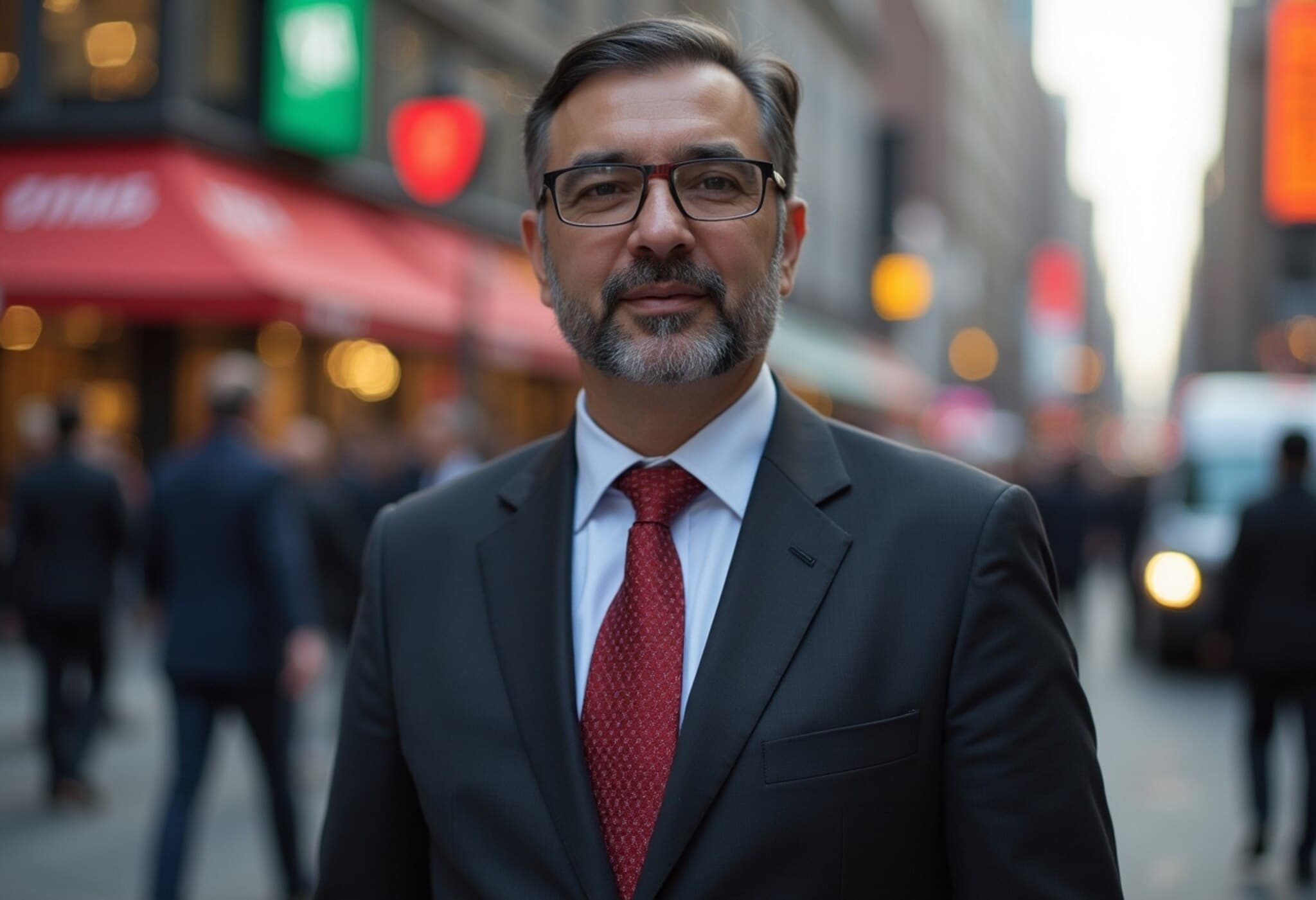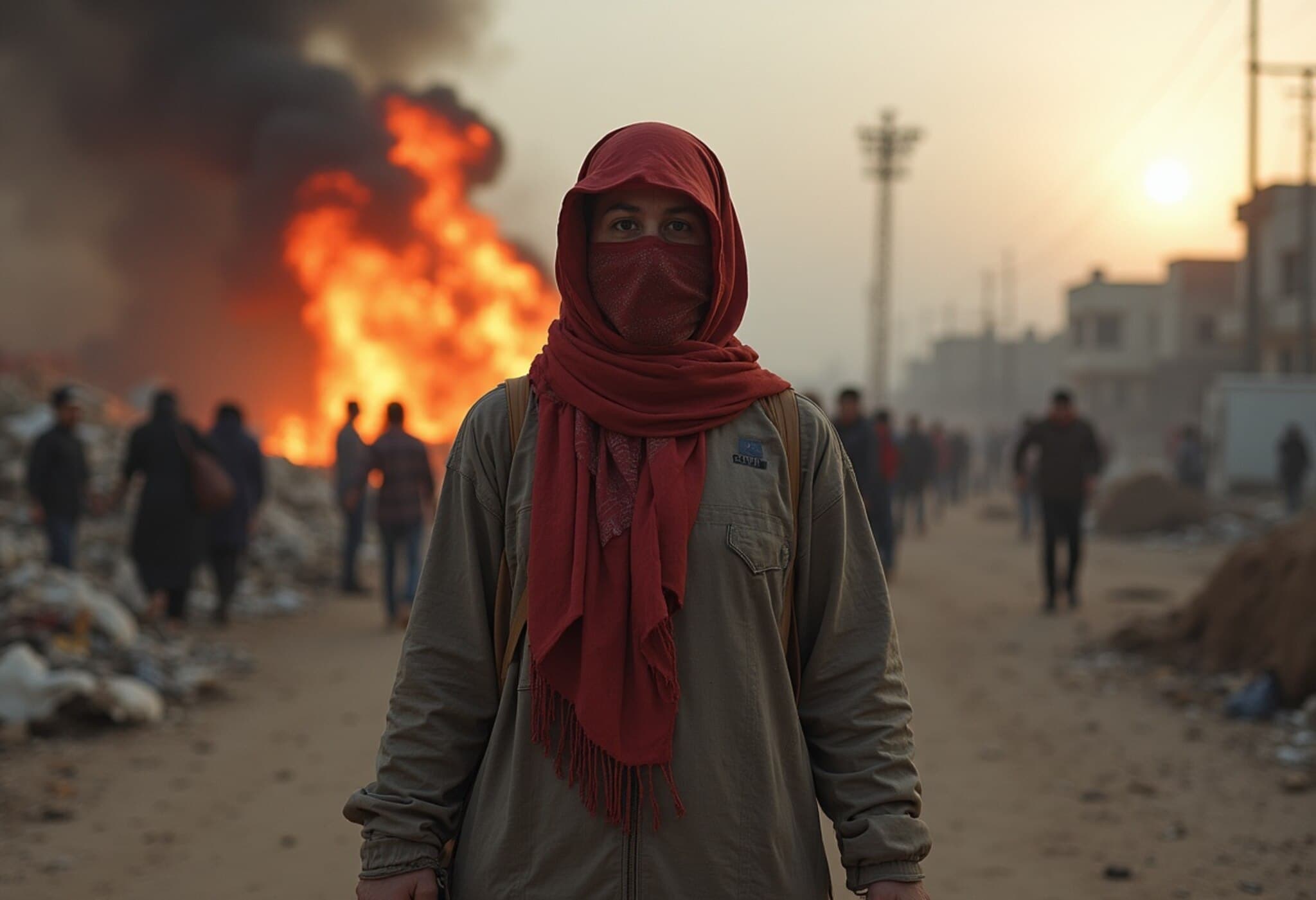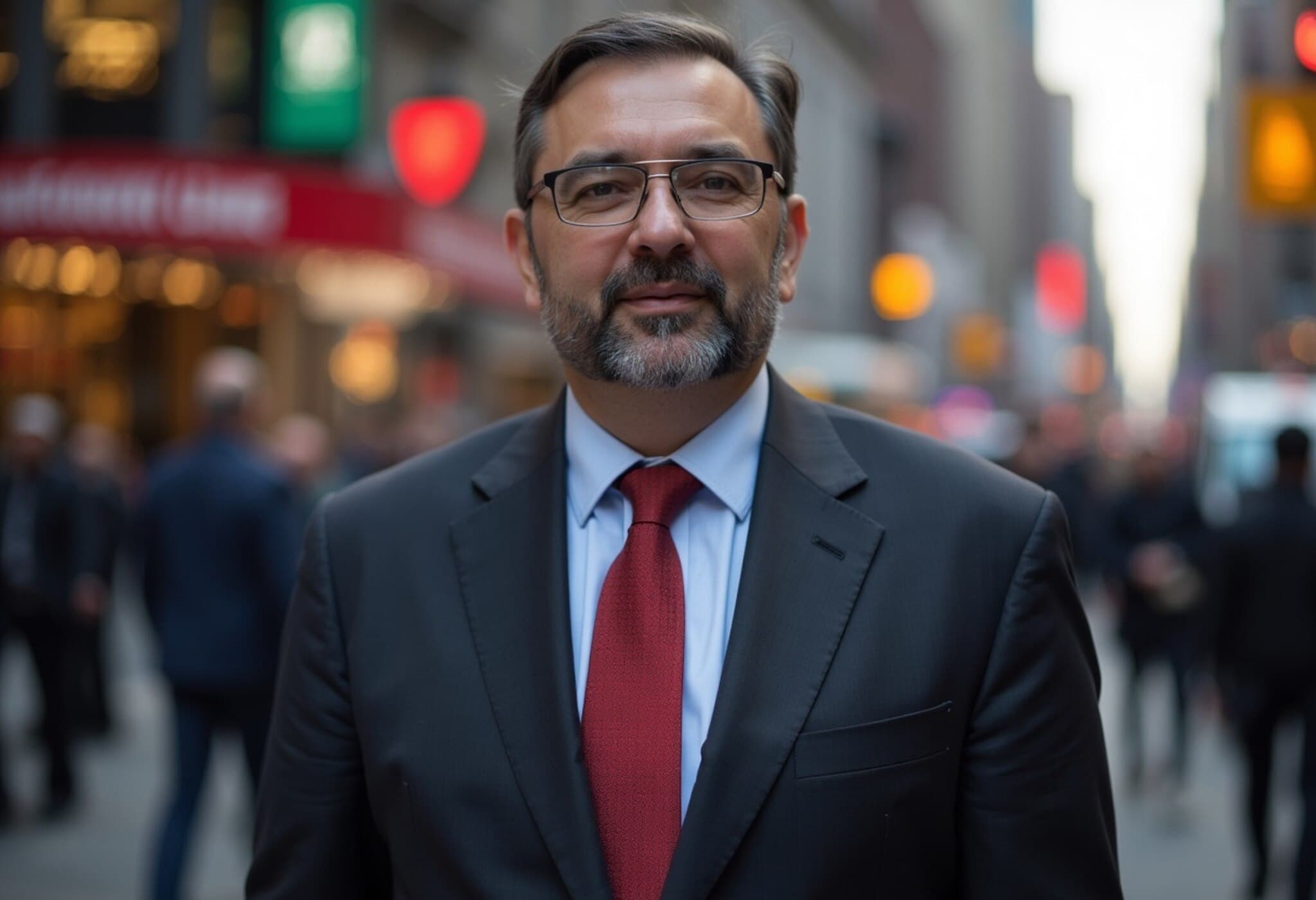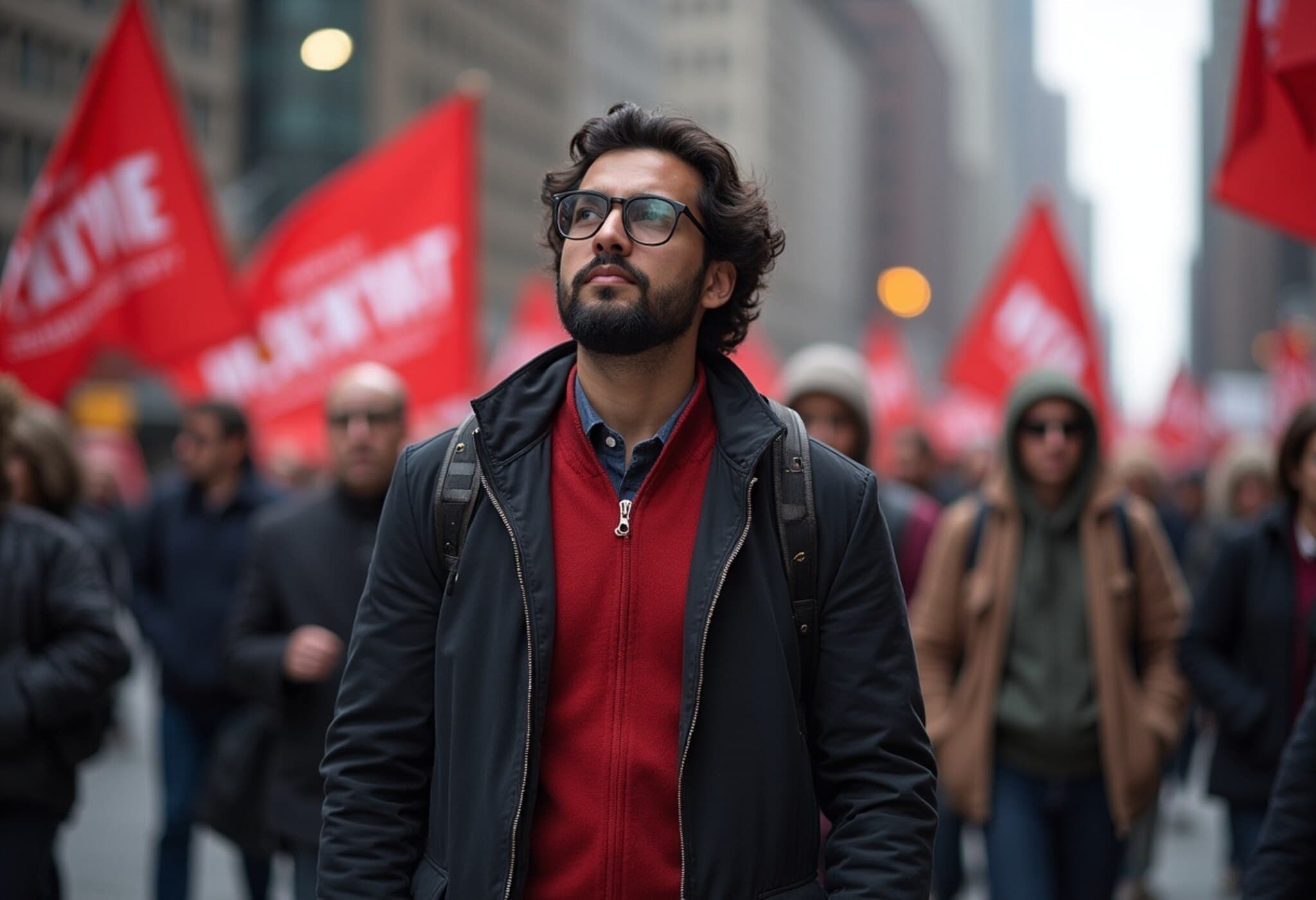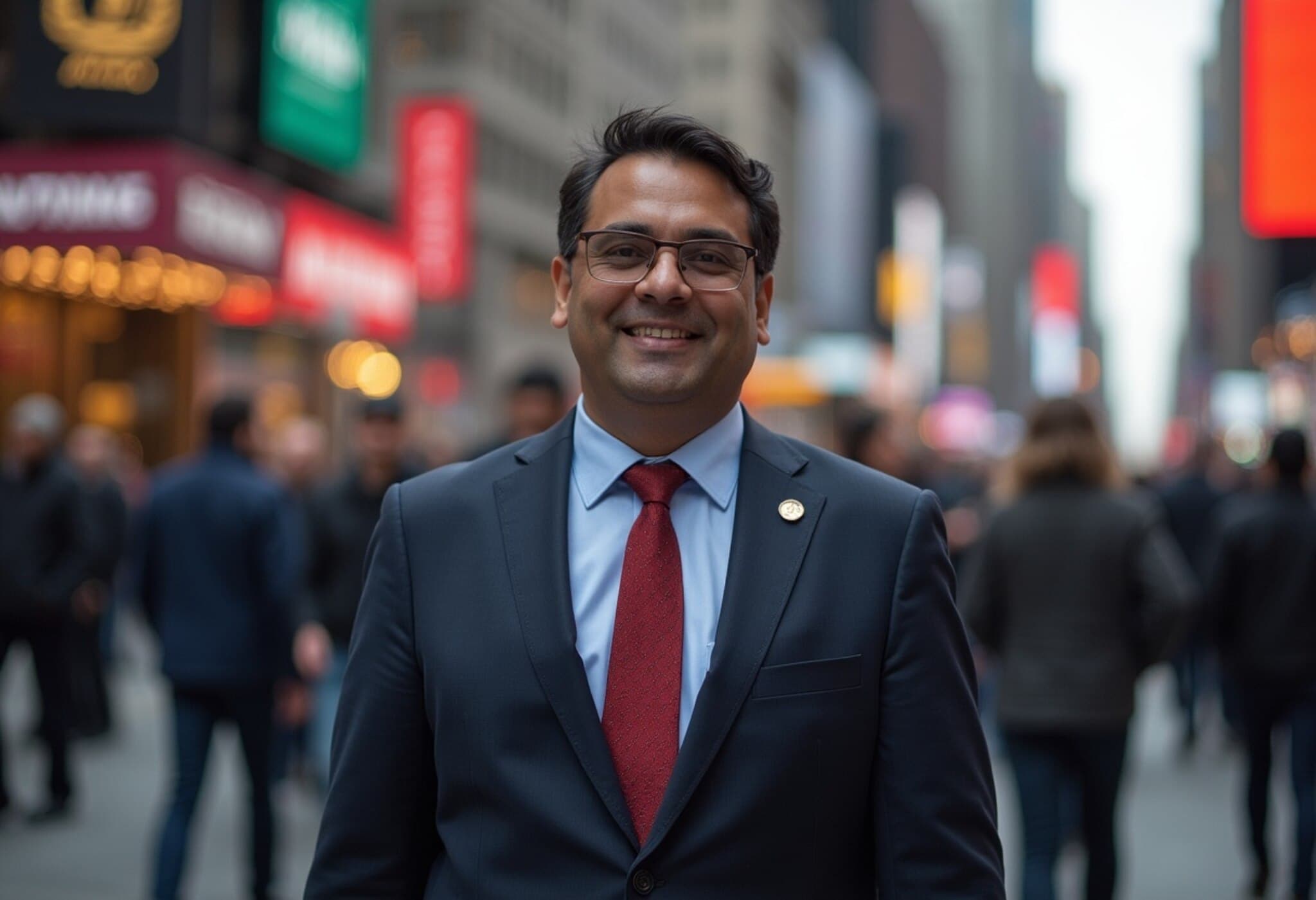Zohran Mamdani Critiques BBC’s Reporting on Israel-Gaza Conflict
Zohran Mamdani, a Democratic mayoral candidate and New York Assembly member, recently ignited controversy by publicly challenging the BBC’s language choices in its coverage of the ongoing Israel-Gaza conflict. Mamdani questioned why the UK-based broadcaster consistently uses qualifiers such as “Iran-backed Houthis” or “Hamas-run hospital” but refrains from labeling the Israel Defense Forces (IDF) or Israeli Prime Minister Benjamin Netanyahu with similarly critical descriptors.
Calling Out Perceived Media Double Standards
In a provocative post on the social media platform X (formerly Twitter), Mamdani asked: “Why does the BBC always include context like ‘Iran-backed Houthis’ and ‘Hamas-run hospital’ but never ‘US-backed IDF’ or ‘indicted war criminal Benjamin Netanyahu’?” This pointed remark highlights a broader concern about media framing and potential bias, especially in Western outlets covering complex Middle Eastern dynamics. Mamdani's critique touches upon the uneven application of language that can shape public perception, often skewing narratives in ways that overlook the United States’ significant military and financial support for Israel.
Background: Mamdani’s Advocacy and Controversial Views
Mamdani, known for his outspoken support of Palestinian rights, has been a vocal proponent of the Boycott, Divestment, and Sanctions (BDS) movement targeting Israel. He has openly described Israeli military actions in Gaza as “genocide” and has proposed legislative measures to sever municipal dealings with companies operating inside Israeli settlements on disputed West Bank territories.
On Fox5’s “Good Day New York,” Mamdani added another layer to his controversial reputation by clarifying his opposition to Israel’s status as a Jewish state. He framed his stance around the principle of equality, rejecting any nation that enshrines a hierarchy of citizenship based on religion or ethnicity, contrasting this with American democratic ideals.
Political Reactions and Public Discourse
Mamdani's bold commentary has not gone unnoticed by political opponents, particularly former President Donald Trump. Trump branded Mamdani a “100% Communist Lunatic” on his platform Truth Social and disparaged his appearance and fitness for New York City leadership. During a Fox News interview, Trump doubled down on labeling Mamdani as a communist, reflecting the heightened tensions within American political discourse surrounding Middle East issues.
Meanwhile, Mamdani’s critique of the BBC has fueled robust online debates. Supporters praise his courage in spotlighting what they see as media hypocrisy, while critics accuse him of selective outrage, pointing out that he rarely addresses other global conflicts with similarly harsh language — such as Russia’s war in Ukraine or President Vladimir Putin’s actions.
Why Media Language Matters in Conflict Reporting
The choice of descriptive language by major broadcasters like the BBC significantly influences public understanding of complex conflicts. Terms like “Iran-backed” or “US-backed” indicate geopolitical alliances and foreign support, which are critical context pieces. However, inconsistent application can skew viewers’ impressions of responsibility and moral equivalence. In the hyper-scrutinized environment of Israel-Gaza coverage, these linguistic choices are often perceived as reflecting implicit biases.
Experts note that balanced reporting requires transparent acknowledgment of all foreign influences involved. This includes rendering visible the considerable U.S. aid to Israel while equally contextualizing groups like Hamas or the Houthis in Yemen.
Looking Ahead: The Future of Israel-Gaza Media Narratives
Mamdani’s challenge highlights an enduring struggle in international journalism: how to fairly present a conflict with longstanding grievances, power asymmetries, and conflicting narratives. His remarks encourage media outlets to reflect on their editorial language and biases, especially in an era where audiences demand accountability and transparency.
As the war continues, the framing of information will remain a battleground in itself, shaping policy debates in Washington and beyond, influencing voter perceptions, and shaping international responses.
Editor’s Note
The debate stirred by Zohran Mamdani’s critique of BBC reporting underscores the vital role of language in shaping political discourse around the Israel-Gaza conflict. It raises crucial questions about media fairness, geopolitical narratives, and the influence of U.S. foreign policy on public perception. As consumers of news, readers must critically evaluate how information is presented and whose interests are often prioritized or marginalized. The conversation also compels journalists and outlets to uphold the highest standards of balance and transparency in conflict-sensitive reporting.

